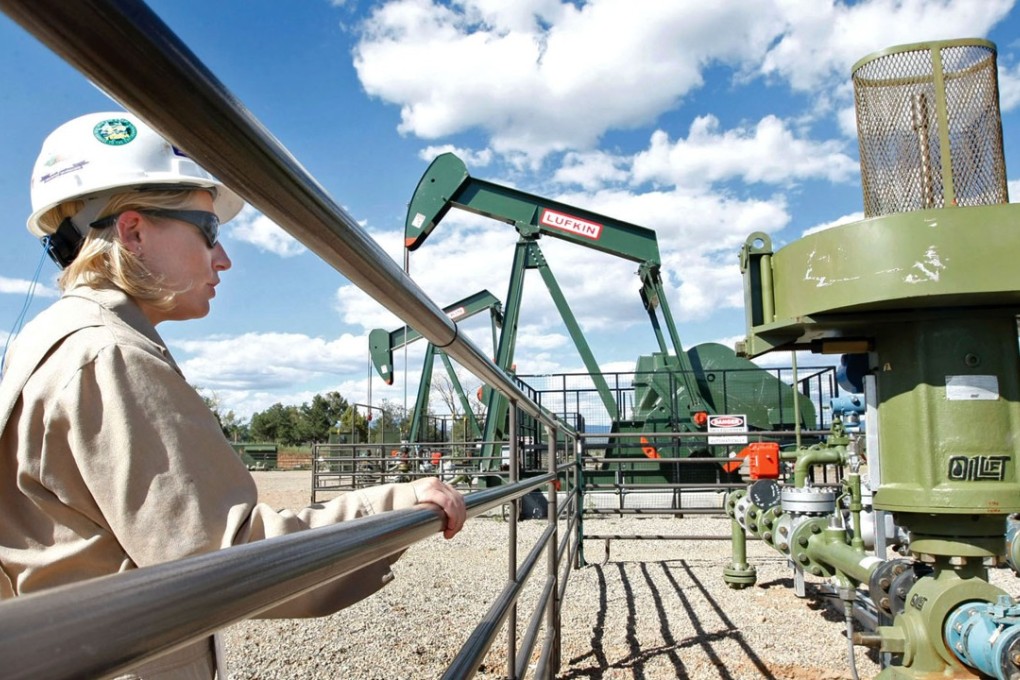Don’t overlook methane emissions in the fight against climate change
Riccardo Puliti notes the progress in reducing carbon dioxide emissions, but say removing methane from natural gas production and use could also make a substantial difference, especially if the combined efforts of industry and governments pay off

Natural gas is made up mostly of methane. At many points of the life cycle of gas, methane makes its way into the atmosphere – from extraction at a gas field all the way to the heating systems many of us have in our homes.
Natural gas is often referred to as a “transition fuel” – both because of the role it is able play in balancing wind and solar energy in electricity grids, and the assumption that its use will eventually decline as the world moves toward a low-carbon energy sector. It is entirely possible that, in electricity generation, renewable energy sources – backed up by batteries – may take natural gas’ share in the coming years if costs come down further.